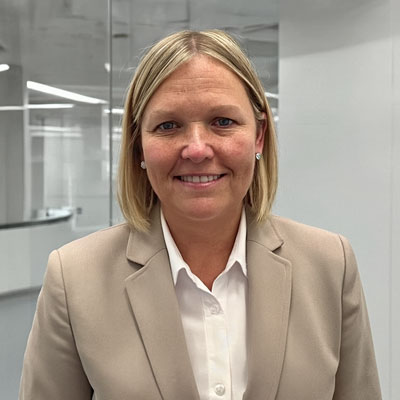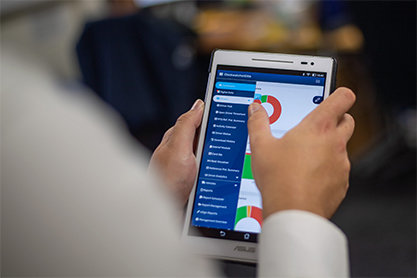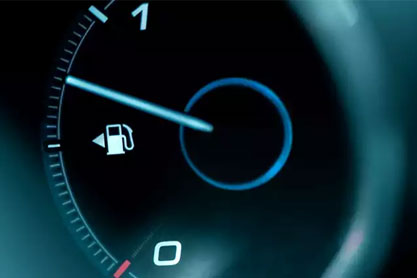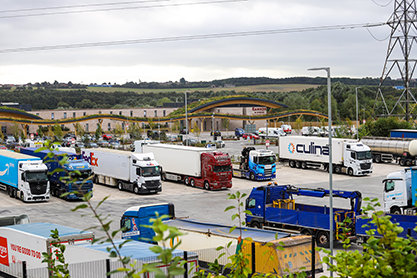Jenny McQuaid, managing director of Motia, tells how the newly named DCC plc business brings Fuel Cards and telematics together to help fleet managers save money and time
“With the rapid pace of change in the energy industry, digitalisation presents exciting opportunities, from optimising fuel operations to building the foundations for cleaner mobility,” says Jenny McQuaid, managing director of DCC’s fuel card and telematics businesses, now brought together under the Motia brand for better customer insights and product development.
Fuel Card Services is one of the largest businesses of its kind in the UK. “Our best relationships are with customers who already understand the benefits of insights that fuel-card data gives them,” says Jenny, who worked her way up through Certas Energy and Fuel Card Services before becoming MD of Motia.
“So, we weighed up what it would take to go beyond fuel and offer more complex and beneficial fleet management tools.”
“When supported with accurate and insightful data, fleet managers aren’t making guesses or working on gut,” she says. “It allows them to take a strategic rather than a reactive approach.”
“We decided to bring a telematics product into the centre of our business so we could develop new, data-driven products to help customers optimise every aspect of their operations,” says Jenny. “Our research proved there was a real need out there. Covid showed how important fleet managers and drivers are to the entire fabric of our economy but it’s an industry which has been underserved in terms of modernisation. Giving fleet managers powerful tools and insightful data will enable them to focus on the really important things – making fleet operations cleaner, safer and more efficient.”




